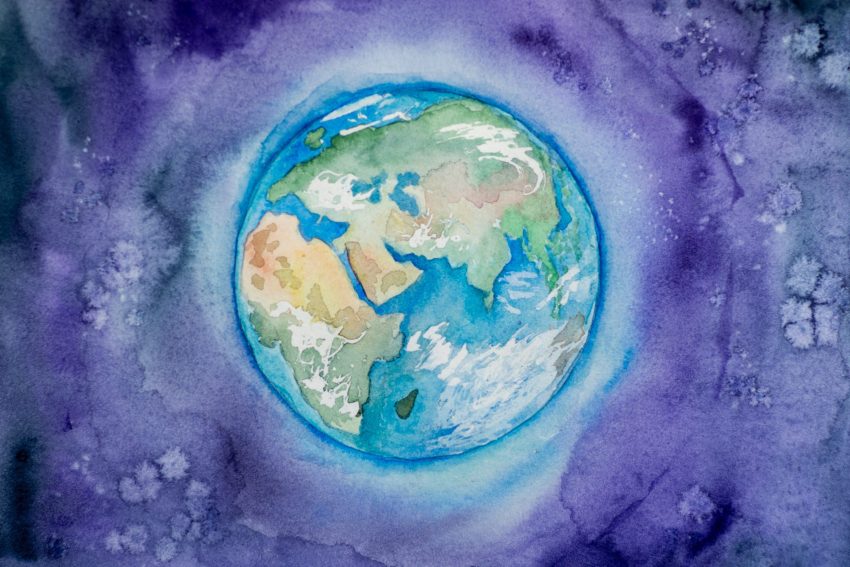Zuzu went back to school this past fall—and we went with her. She’s a midlife dog, but since our original puppy training did not go well, she had a few bad habits—and so, we’ve learned, did we. Mr. Steve, our trainer, said dogs wake up every morning with three questions: (1) Do I have shelter? Check. (2) Do I have food? Yup, Mama’s on the way to get it. (3) Who’s in charge here? Mr. Steve said most dogs don’t want to be in charge, but if they sense no one else is, they will step (or lunge) into the gap.
In Psalm 121:1–2 the psalmist asks and answers a question similar to this third question.
“I lift up my eyes to the hills—From whence comes my help?
My help comes from YHWH, the one who made heaven and earth.” (Ps. 121:1–2)
“From whence comes my help?” is a rhetorical question—and the psalmist quickly answers it: “My help comes from YHWH, the one who made heaven and earth.”
First things first. This response is a rejection of any gods associated with the mountains—they are not where real help is found.* Real help is found in “the one who made heaven and earth.”
The Old Testament loves to talk about God this way because it reflects his universal sovereignty and great power.
The Old Testament often refers to God as the one who made “heaven and earth,” a figure of speech that means “everything.” It’s the same figure of speech I might use when a whole lot of searching fails to turn up my missing grocery list: “I looked high and low, and I couldn’t find it.” This does not mean that I only looked up and then I looked down. It means I looked high, low, and everywhere in between. It’s a way to express totality. As the maker of heaven and earth, God is the one who also made everything in between.
There isn’t a god or power anywhere that YHWH has not made and over which he doesn’t have control.
The Old Testament loves to talk about God this way because it reflects his universal sovereignty and great power. While everyone else in the ancient world worshiped a pantheon of gods, each with power over this or that, Israel worshiped the God of all those gods, the Most High God. He made the hills and the plains and the sea. He has control over all the forces of nature. There isn’t a god or power anywhere that YHWH has not made and over which he doesn’t have control.
Could there be a better source for help?
The psalmist calls this maker of heaven and earth by the covenant name Yahweh—“the LORD.” This is the God who promised to care for his people. This God may be the God of all gods, but he was also intensely focused on the well-being of ragtag nation he had chosen for himself.
Again, could there be a better source for help?
Like the psalmist, we too are on a journey, and it’s a tough one. Danger looms. We need lots of help. Where will that help come from? As New Covenant people, we can echo the psalmist’s answer: Our help comes from the LORD, the one who made heaven and earth! He’s in charge here!
* For an interesting take on “gods of the hills/mountains,” see the story of King Ahab vs. King Ben-Hadad in 1 Kings 20.
** I’ll be on holiday break for the next two weeks. See you in 2023!
Photo by Elena Mozhvilo on Unsplash



I do so love these posts! Enjoy your holiday!
Thanks, Judy!